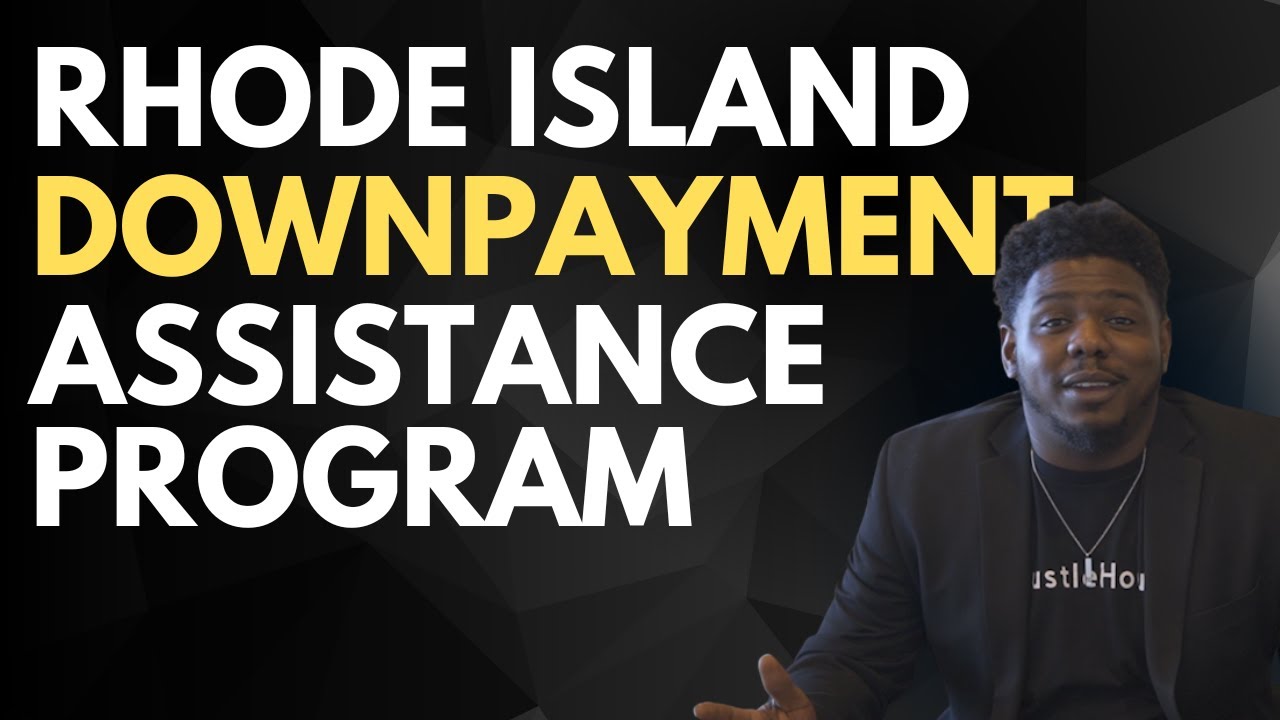Introduction to Welfare Benefits in Rhode Island
Welfare benefits in Rhode Island are designed to provide financial assistance to eligible individuals and families who are facing economic hardships. These benefits aim to support basic needs such as food, shelter, and medical care. The Rhode Island Department of Human Services (DHS) administers several welfare programs, including the Rhode Island Works (RIW) Program, Supplemental Nutrition Assistance Program (SNAP), and Medicaid.
Eligibility Criteria for Welfare Assistance in Rhode Island
To be eligible for welfare assistance in Rhode Island, individuals must meet certain criteria. These criteria typically include income limits, residency requirements, and citizenship or immigration status. Additionally, factors such as household size, age, disability, and pregnancy may also be taken into consideration. Applicants must meet all the specified eligibility criteria for the program they are applying for in order to receive welfare benefits.
Required Documents for Welfare Application in Rhode Island
When applying for welfare benefits in Rhode Island, applicants are required to provide certain documents to verify their eligibility. These documents may include identification, proof of income, proof of residency, Social Security numbers, birth certificates, and immigration documents. It is important to gather all the necessary documents before starting the application process to ensure a smooth and efficient application.
Online Application Process for Welfare Benefits in Rhode Island
Rhode Island offers an online application process for welfare benefits. Applicants can visit the DHS website and complete the online application form. During the application, individuals will be asked to provide personal information, household details, income information, and any relevant documentation. The online application process is convenient and accessible, allowing applicants to apply for welfare benefits from the comfort of their own homes.
In-Person Application Process for Welfare Benefits in Rhode Island
For those who prefer to apply in person, the Rhode Island DHS also provides the option to apply at their local office. Applicants can visit the nearest DHS office and request assistance with the application process. Staff members will guide them through the application, help them complete the necessary forms, and answer any questions they may have. This in-person application process ensures that individuals receive personalized support and assistance.
Phone Application Process for Welfare Benefits in Rhode Island
In addition to the online and in-person options, applicants can also apply for welfare benefits in Rhode Island over the phone. By calling the DHS Customer Service Center, individuals can speak with a representative who will assist them in completing the application process. This phone application process is especially helpful for those who may have difficulty accessing the internet or visiting a local office.
Application Processing Time for Welfare Benefits in Rhode Island
The processing time for welfare benefits applications in Rhode Island may vary depending on the program and the individual circumstances. In general, the DHS aims to process applications within 30 days of receiving all the required information. However, certain programs, such as Medicaid, have expedited processing for urgent cases. Applicants are encouraged to provide all necessary documents and information promptly to ensure timely processing of their application.
Interview Process for Welfare Application in Rhode Island
As part of the welfare application process in Rhode Island, applicants may be required to attend an interview. The purpose of the interview is to verify the information provided in the application and gather any additional details that may be needed. The interview may be conducted in person or over the phone, depending on the applicant’s preference and circumstances. It is important to prepare for the interview by having all relevant documents and information readily available.
Verification Process for Welfare Application in Rhode Island
During the welfare application process in Rhode Island, the DHS may conduct a verification process to ensure the accuracy of the information provided. This process involves contacting third parties, such as employers, landlords, and financial institutions, to confirm the applicant’s eligibility. It is crucial to provide truthful and complete information during the application to avoid any delays or potential issues during the verification process.
Appeals Process for Denied Welfare Application in Rhode Island
If an applicant’s welfare benefits application in Rhode Island is denied, they have the right to appeal the decision. The DHS provides an appeals process where applicants can request a hearing to present their case and provide any additional evidence. The appeals process allows individuals to address any misunderstandings or errors in the initial decision. It is important to review the denial letter carefully and follow the instructions provided to initiate the appeals process.
Renewal Process for Welfare Benefits in Rhode Island
Welfare benefits in Rhode Island are typically provided for a limited period of time, and recipients are required to renew their benefits periodically. The renewal process involves updating and verifying the individual’s information to ensure ongoing eligibility. Recipients will receive notification from the DHS when it is time to renew their benefits and will be provided with instructions on how to do so. It is important to submit the renewal application and any required documentation in a timely manner to avoid interruptions in benefits.
Additional Resources for Welfare Assistance in Rhode Island
For individuals seeking further information or assistance with welfare benefits in Rhode Island, there are additional resources available. The Rhode Island DHS website provides detailed information about the various programs and services offered, as well as contact information for specific inquiries. Additionally, local community organizations and advocacy groups may also provide guidance and support to individuals navigating the welfare application process. It is recommended to explore these resources to ensure a comprehensive understanding of available assistance.





